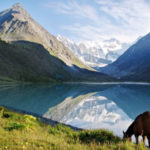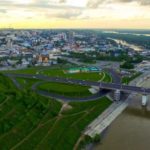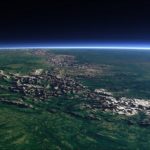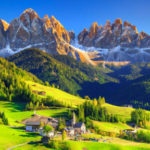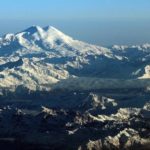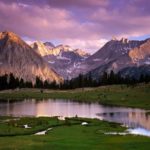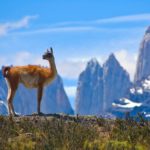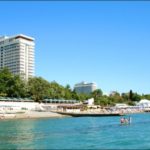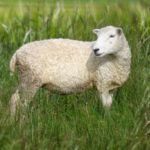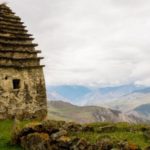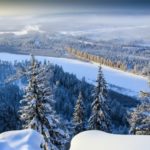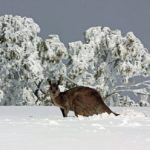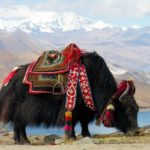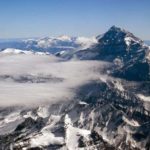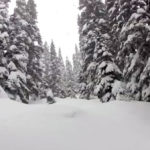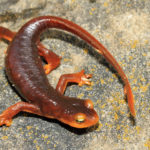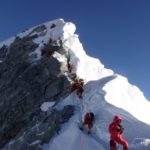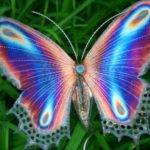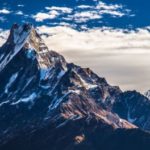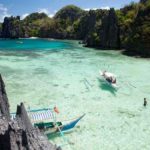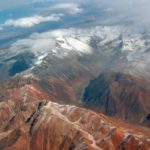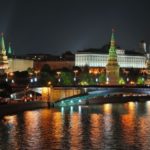13 interesting facts about Altai mountains
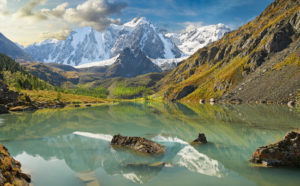 Amazing Altai mountains with their beauty can eclipse many other mountain ranges. Being here, with all your skin you literally feel how old they are. People still live here, whose fate and culture are inextricably linked with the Altai Mountains, and the ethnographic journey to these lands will undoubtedly be remembered for a lifetime.
Amazing Altai mountains with their beauty can eclipse many other mountain ranges. Being here, with all your skin you literally feel how old they are. People still live here, whose fate and culture are inextricably linked with the Altai Mountains, and the ethnographic journey to these lands will undoubtedly be remembered for a lifetime.
Summer about two hundred years ago there were tigers. Now they are no longer left, but in the foothills they are still found, and in the mountains themselves live snow leopards.
According to the results of the study, it is in the Altai Mountains that the air is cleaner than anywhere else in Russia.
Some rivers are interesting in that they periodically change their color. In the summer, when the snow begins to melt, different minerals are washed out of the water, and the color of the river water changes.
The length of the Altai mountain range is more than 2000 kilometers, and the average height reaches 1.7 kilometers above sea level.
Here there are more than 3 thousand lakes.
Altai mountains are located in Russia, Kazakhstan, Mongolia and China.
Once the Altai mountains were much larger and higher. They are very, very ancient, much older than, for example, the Andes, the longest mountain range in the world. The Altai mountains began to form around 500 million years ago, but about 200 million years ago they began to gradually collapse.
The so-called “Golden Mountains of Altai” – these are three nature reserves on the mountain range, recognized as part of the UNESCO World Heritage Site.
The area of the Altai Mountains is twice the area of all of Japan. Moreover, it is approximately equal to 4% of the area of Russia.
The highest peak of this ridge is Mount Belukha, 4509 meters high, crowning the Katunsky ridge. At this altitude, atmospheric pressure is almost half that of sea level.
The nature of the Altai Mountains is protected by the state, which, unfortunately, does not prevent poachers from hunting in these parts.
Teletskoye Lake, located here, is one of the five deepest lakes in Russia.
A part of the peaks in the Altai mountains are actually volcanoes. But they all went out a long time ago, and are no longer active.
